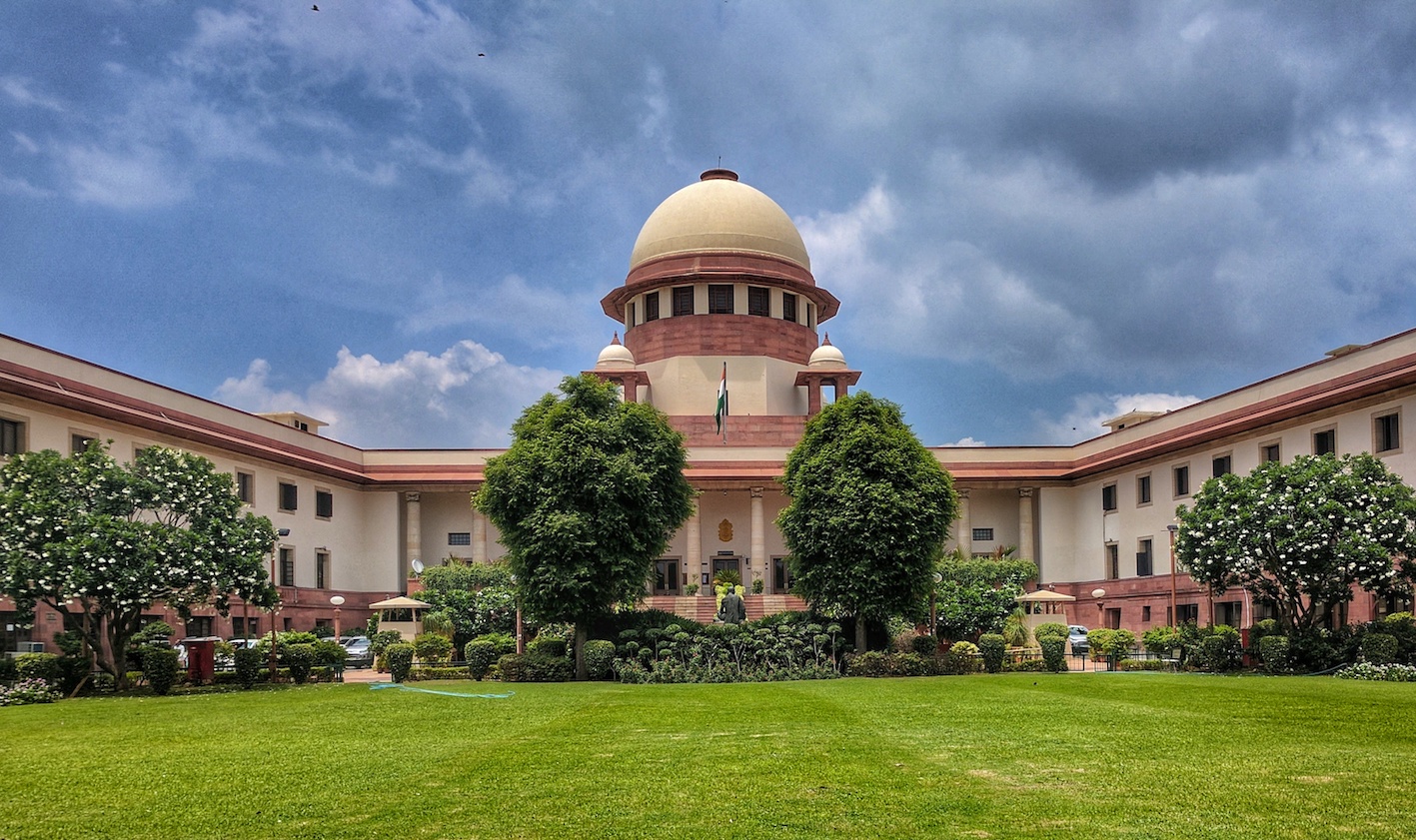Cancellation of Designs under Section 22 (4) of Designs Act can be carried out by any High Court. – Supreme Court of India.
The Supreme Court of India while deciding upon the issue of cancellation of Designs under the Designs Act stated that it is not compulsory that a High Court having a Commercial Division or Original Civil Jurisdiction are competent to adjudicate upon such matter. Any High Court can carry out the action of cancellation of Designs under the Act. This ratio was laid down by the Supreme Court in the case of S.D. Containers, Indore v M/s Mold Tek Packaging Ltd., Civil Appeal No. 3695 of 2020.
The facts of the case are that the Appellants of the case i.e. S.D. Containers filed a case in the District Court of Indore seeking infringement of design of the container lids against the defendants. The defendants also raised a counter claim seeking for cancellation of the design of the appellants. The provision under section 22(4) of the Design Act states that, in case of infringement of design if there is a defense raised against the same the court where the trail court should transfer the case to the High Court. The District Court of Indore also transferred the case to the High Court but it transferred the case to the High Court of Calcutta on the basis of that the Madhya Pradesh High Court is not a Commercial court and the said design is registered by the Controller General of Patents & Trademarks, Kolkata. The appellant was aggrieved by this order and made an appeal to the Madhya Pradesh High Court. The High Court emphasized on the fact that the Commercial Courts Act has an overriding effect and hence ordered the District court to adjudicate upon the suit. Hence, an appeal was filed in the Supreme Court.
The Supreme Court did not approve of the reasoning passed by the Madhya Pradesh High Court and was of the opinion that cancellation of design under Section 22(4) of the Designs Act that mandates transfer of a case to a High Court is a ministerial act. Further the court analyzed Section 7 of the Commercial Courts Act and stated that creation of Commercial Division in a High Court is applicable only in cases the High Court has an Original Civil Jurisdiction. Further, the court took note of the fact that there is no provision in either of the acts that mandate cancellation of design only by a Commercial Division of the High Court. Lastly the court stated that the question of overriding provisions of the act will only be applicable if there is any inconsistency between the acts. Hence the court was of the opinion that the reasoning of the Madhya Pradesh High Court was flawed and hence the case should be transferred again to the Madhya Pradesh High Court again where the court shall decided upon the case in accordance with law.





